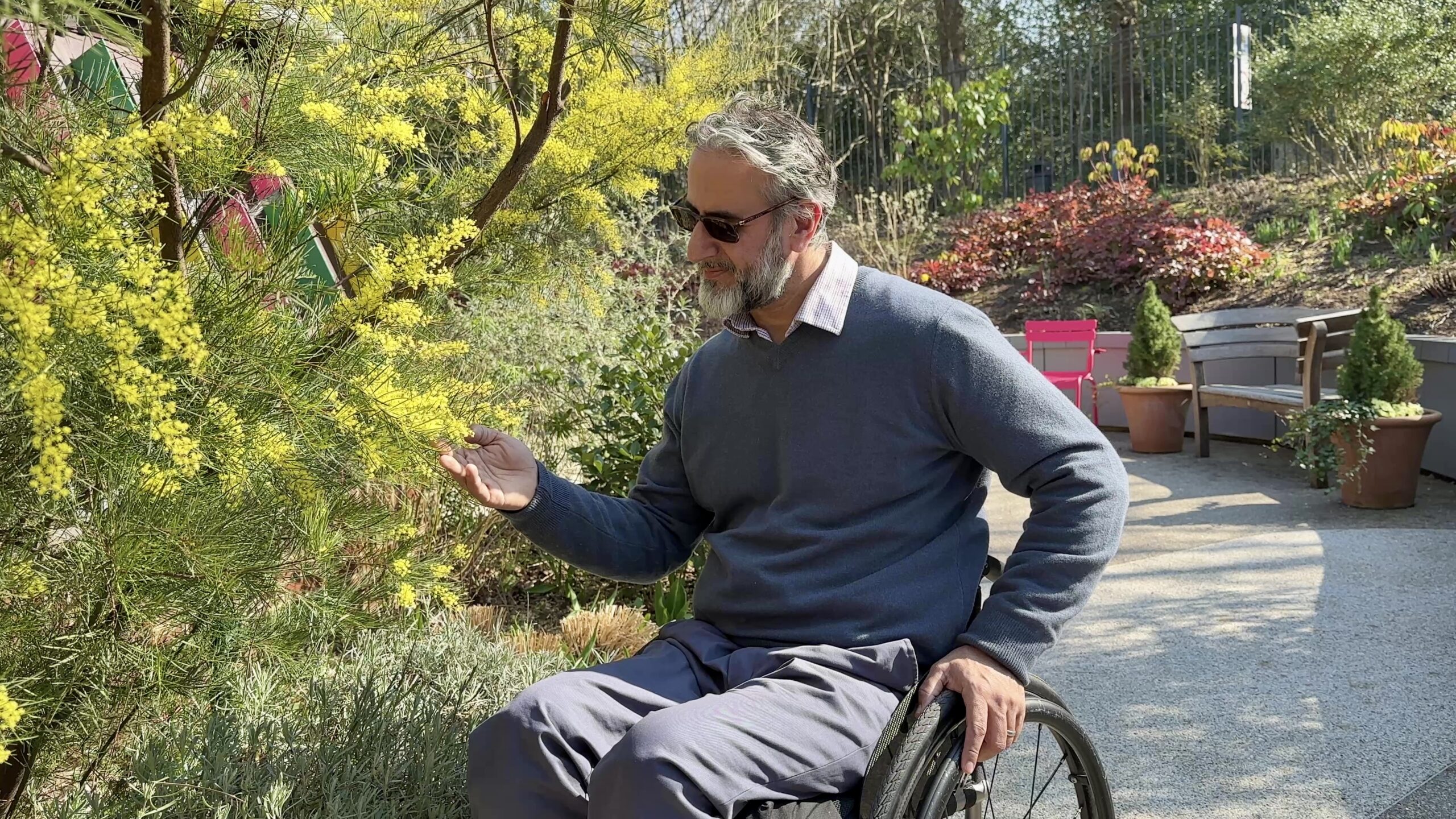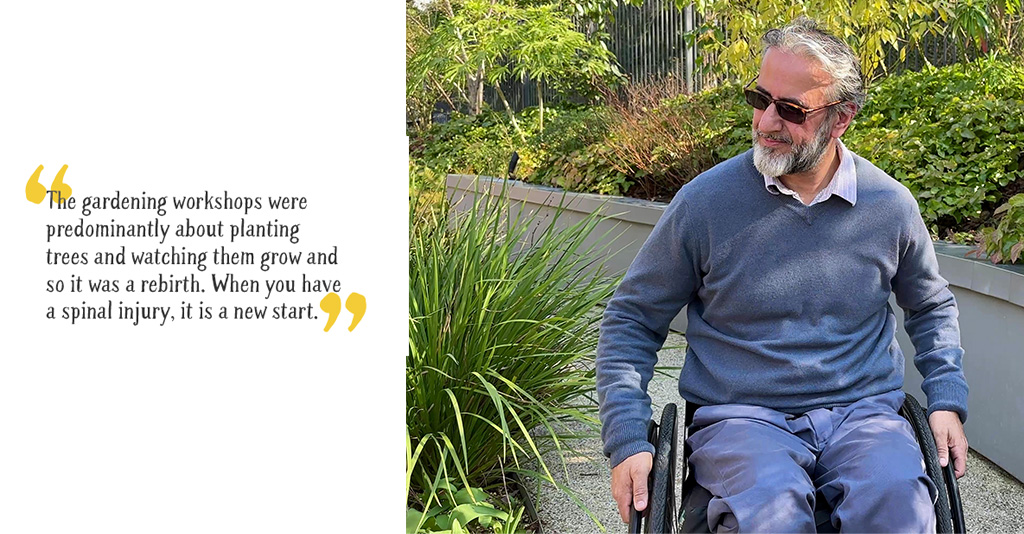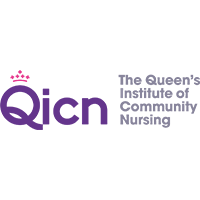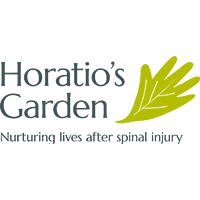A surgeon’s story

My name’s Mo Belal. I live in Birmingham with my wife and three children, not too far from where I work. Prior to my accident, I was a Consultant Urological Surgeon. After my accident, and a bit of a delay, I made it back as a surgeon dealing with patients with spinal cord injury, as well as being a trustee of Horatio’s Garden.
On a cold February day, I went out cycling with a friend. Out of nowhere, a tree fell as I was cycling by. The next thing I remember is waking up and trying to get up and it was that moment I realised I was paralysed.
I was incredibly lucky that I arrived when Horatio’s Garden opened. It was during a period of Covid when you weren’t allowed visitors. It was a very challenging time and the garden was a godsend. It was a sanctuary. On the one hand, you were having intense therapy in the hospital, which is very sterile, so it allowed for that sort of contrast with coming out into the gardens, into nature. I think when I was allowed to see my children, the first time was in the garden. I think it would have been far more difficult to have seen them on the ward with me in the bed and so I think it allowed sort of a canvas to be able to interact with people in perhaps less of a clinical setting.

I think there’s your physical rehabilitation and the first time you really go out is into the gardens. Secondly, I think it’s already been shown that interaction with nature does elevate mood, decrease depression and I think that’s really important because you’re going through a catastrophic life-changing event and there’s a lot of emotion on play. Every time I felt upset, I’d actually go out into the garden and I always came back much happier.
Since my accident, obviously it creates certain challenges, but it’s been really good that I’ve been able to go back to work. It has a lot of positives, in that previous patients who were in wheelchairs I now have much more of a deeper relationship with. Also, it’s about breaking barriers and how people perceive those in wheelchairs. So quite often, patients come to see you for surgery and are quite shocked and surprised to see you in a wheelchair. As a surgeon, I’ve spent an enormous amount of time in the service of others. But actually, what I realised was coming back, I had an opportunity. I was given a second chance. I wanted to impact people on a greater level. It brings a smile to my face to be able to come back.
I think I have lots of memories from the garden, but in particular, I remember all the people with spinal cord injuries getting together and having dinner together, having people come in, having singers singing. The gardening workshops were predominantly about planting trees and watching them grow and so it was a rebirth. When you have a spinal injury, it is a new start. It was beautiful to see the seeds grow into the flowers and then you took the flower home with you and that was kind of part of that healing process.
It’s now been four years since I’ve come back to the garden and it just fills me with such positive memories that I’ll never forget. I’m so happy that I can continue having that association with
Horatio’s Garden by being a trustee.
People don’t realise how much of an impact spinal cord injury has. If you think it’s bad, it’s worse. Horatio’s Garden is a place that brings beauty in an incredibly difficult, vulnerable time.
Find out more about the National Garden Scheme’s support for Horatio’s Garden here
This story was originally published in the 2025 Little Yellow Book of Gardens and Health – to read it click here

















